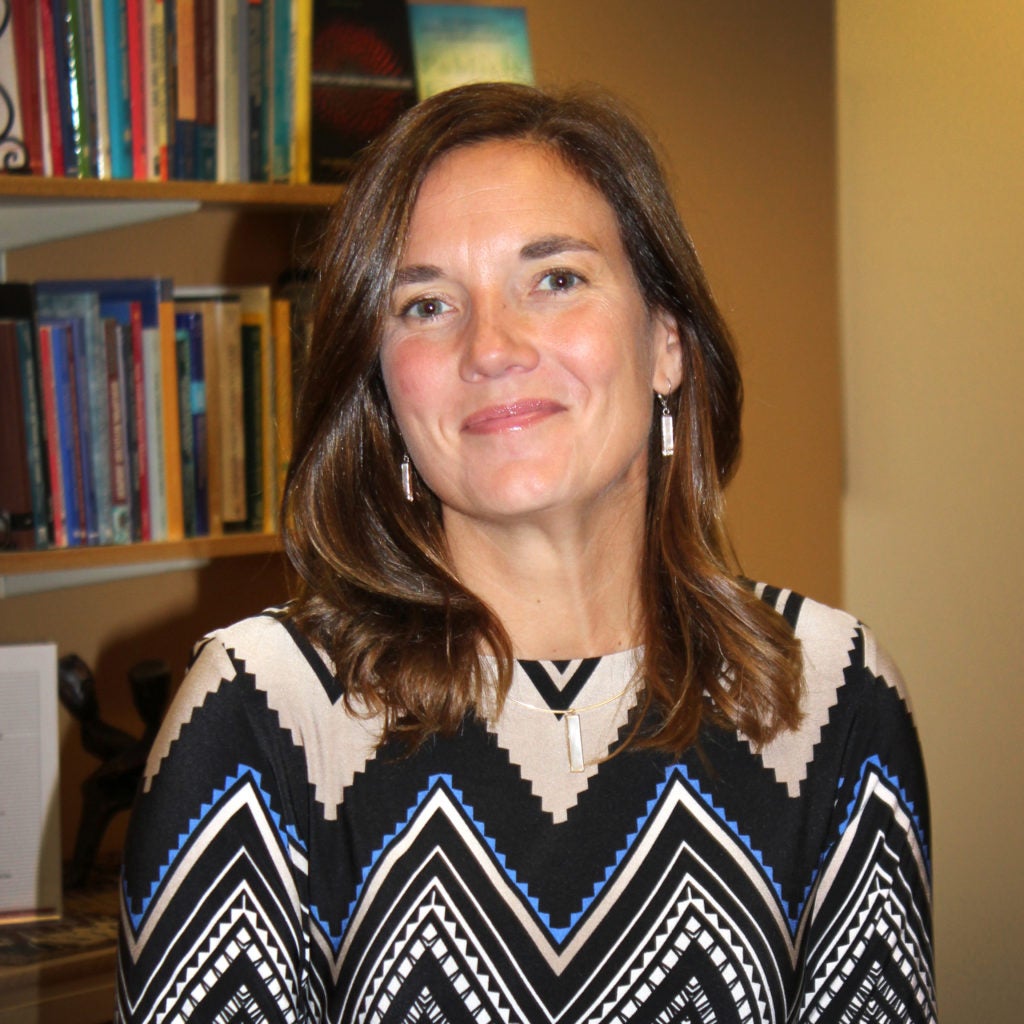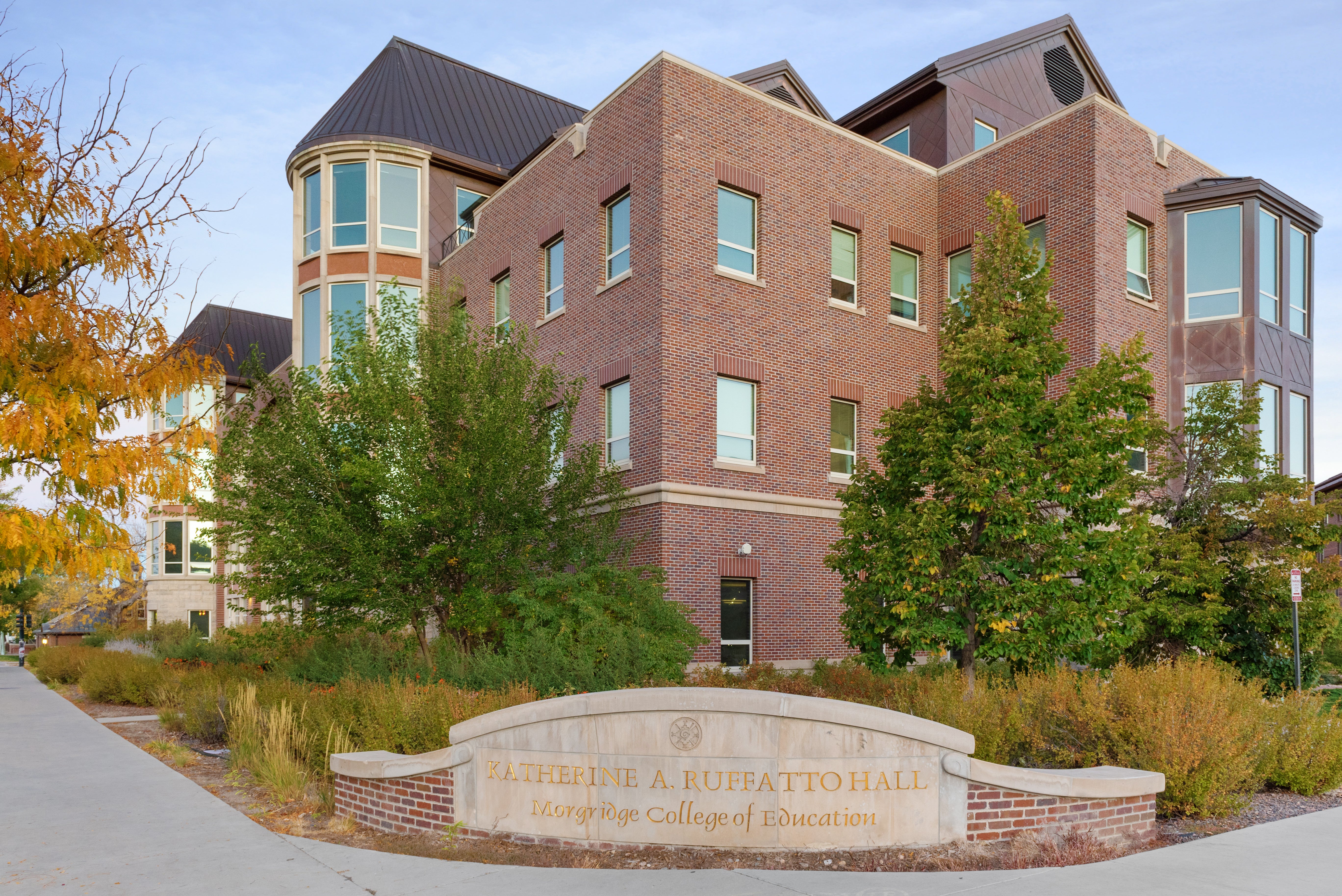Whether you see yourself supporting children’s mental health, providing school-based interventions, training future school psychologists or creating policies, DU’s APA/NASP accredited School Psychology PhD program sets you up for success. With a 100% employment rate, our graduates work in private practice, medical clinics, university settings, departments of education and public schools.
Our coursework prioritizes addressing systemic factors alongside individual needs, striving for equity in schools, communities and systems. With a scientist-practitioner model, an ecological and justice lens, and a hands-on, graduated approach to field experiences, our program is dedicated to bettering the lives of children and families.
Start Dates: Fall
Curriculum: 135 Credit Hours
Program Length: 39 Months of on-campus coursework and 12 Months of internship
100% Field placement rate through opportunities students engage in during their studies
100% Job placement at graduation
100% Admitted students who receive some form of tuition assistance from the Morgridge College of Education
PhD in School Psychology
How our curriculum prepares you for your career in School Psychology
Gain experience through supervision to develop as a practitioner
Extensive practical experiences with scaffolded supervision help you grow from a critical observer to an active contributor and, eventually, an independent practitioner.
Be highly competitive for internship opportunities
You are highly competitive for internships, including in the Denver metro area, where interns earn, on average, $25,000 to $40,000 with benefits.
On-campus educational services clinic
You gain applied, supervised experience while providing community-based services at an educational services clinic on campus. Technology is utilized in the clinic to support live supervision.
Obtain a Master of Arts degree on your way to your PhD
You will receive an MA on your way to your doctorate degree.
Engage in collaborative research projects
We value research, advocacy and service at local, state, national and international levels for the benefit of families, children and youth. There are multiple opportunities to engage in collaborative research projects that offer in-depth expertise and exposure to critical issues in the field.
Request for Information
Application Information
Developmental and Psychological Foundations - 10 Credit Hours
- CFSP 4301 - Professional, Legal and Ethical Issues in School Psychology
- CFSP 4304 - Diversity in School and Community Setting
- CFSP 4316 - Infant Through Adolescent Development
Research, Measurement, Program Evaluation and Technology - 23 Credit Hours
- RMS 4910 - Introductory Statistics
- RMS 4941 - Introduction to Qualitative Research
- RMS 4911 - Correlation and Regression
- RMS 4912 - Analysis of Variance
- Choose intermediate/advanced research methods course from RMIS course offerings
Dissertation - 5 Credit Hours
- CFSP 5995 - Independent Research
Learning Theory, Educational Foundations and Special Education Leadership - 6 Credit Hours
- CFSP 4306 - Exceptionalities in Special Ed
- CFSP 4312 - Learning Theories and Behavioral Analysis
Evaluation and Assessment - 15 Credit Hours
- CFSP 4321 - Psycho-Educational Assessment I
- CFSP 4322 - Psycho-Educational Assessment II
- CFSP 4323 - Psycho-Educational Assessment III
- CFSP 4363 - School Psychology Program Development and Evaluation
Collaborative Consultation with Families and Schools - 9 Credit Hours
- CFSP 4330 - Family-School Partnering and Consultation
- CFSP 4331 - School and Organizational Consultation I
- CFSP 4332 - School and Organizational Consultation II
Prevention, Wellness Promotion, Counseling and Crisis Intervention - 20 Credit Hours
- CFSP 4303 - Psychopathology: Prevention, Diagnosis, Treatment
- CFSP 4336 - Preschool Interventions
- or CFSP 4319 - Counseling Adolescent Addictive Behaviors
- CFSP 4337 - School Age Academic Competencies and Interventions
- CFSP 4340 - School Mental Health Counseling I
- CFSP 4341 - School Mental Health Counseling II
- CFSP 4342 - Crisis Intervention and Prevention
Applied Coursework - 35 Credit Hours
- CFSP 4349 - School Psychology Practicum I (Taken quarterly)
- CFSP 4351 - School Psychology Practicum: Clinic Assignment (Taken quarterly)
- CFSP 4353 - School Psychology Practicum II (Taken quarterly)
- CFSP 4354 - School Psychology Advanced Practicum (Taken quarterly)
- CFSP 4359 - School Psychology Pre-Doctoral Internship (Taken quarterly for 1 credit each)
- CFSP 4361 - Supervision in School Psychology (Taken during one quarter)
- CFSP 4999 - Advanced Seminar in School Psychology
Psychology Specialization Courses - 12 Credit Hours
- CNP 4642 - Adult Development
- CNP 4705 - History and Systems of Psychology
- CNP 4768 - Counseling Psychology: Social Psychology
- CNP 4788 - Physiological Psychology
School Psychology PhD Career Paths
School-based practitioners
Health service psychologists in clinics, hospitals and private practice
Leadership in local and state departments
Staff at technical assistance centers
Faculty at teaching, medical and research institutions

Get Started on Your PhD in School Psychology
Build your career in School Psychology with a doctorate from the University of Denver’s Morgridge College of Education









